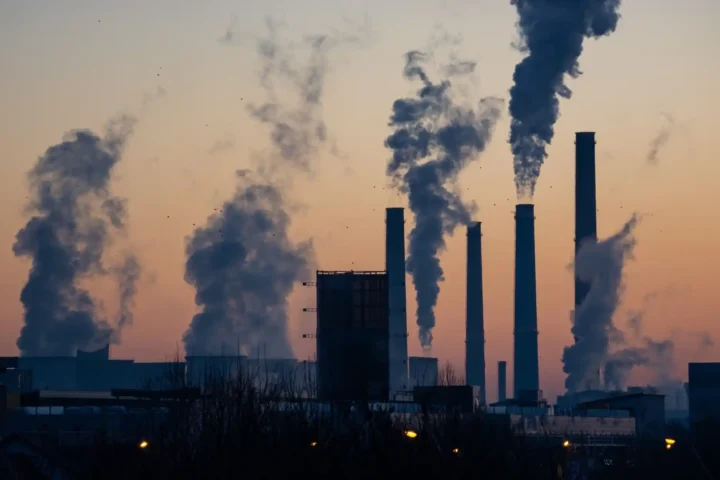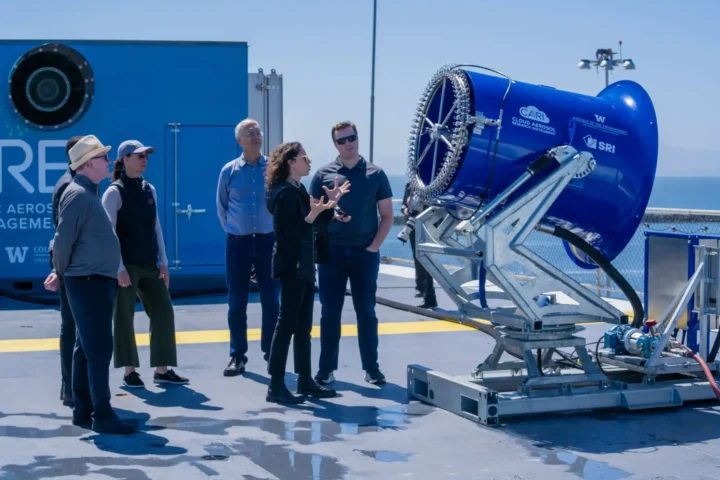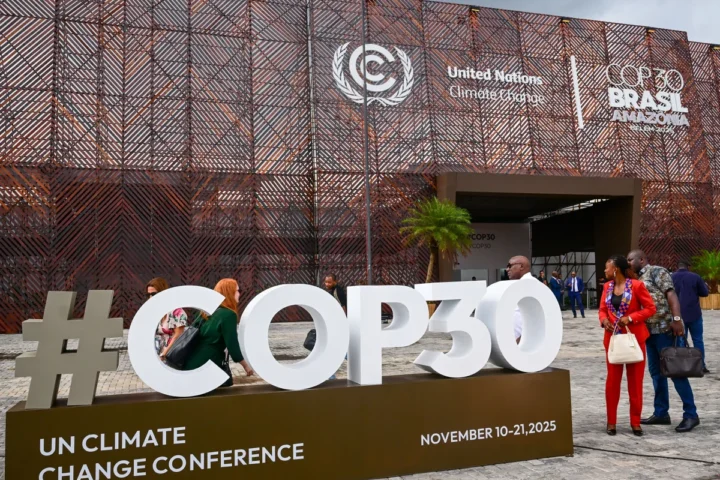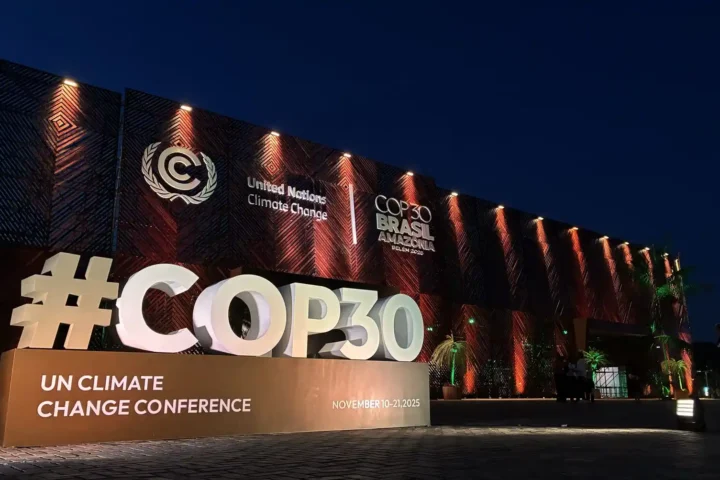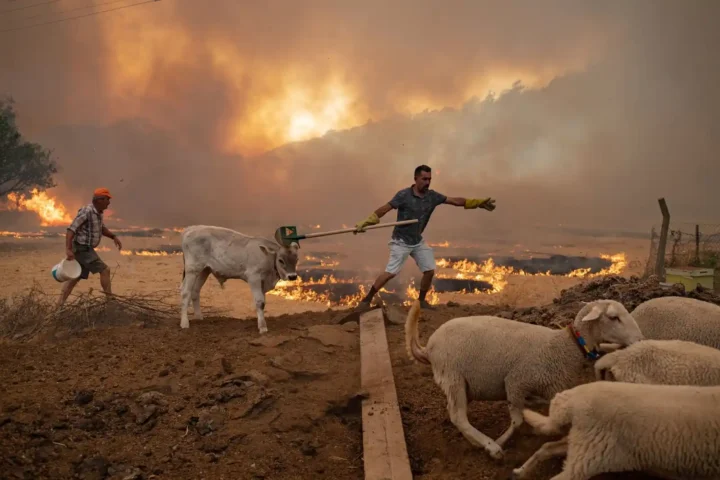In a recent scientific paper released in December 2023, researchers compared the effectiveness of photovoltaic fields and forests in reducing carbon emissions. The study concluded that, under arid conditions, photovoltaic fields are more effective than forests. This is primarily due to the fact that while trees absorb carbon dioxide (CO2), they also absorb heat due to their low reflectance properties (albedo). It would take over a decade of photosynthesis to compensate for the heat effect of planting trees, whereas a solar farm can offset its emitted heat in just two and a half years through the energy it produces.
This finding is significant, especially as it underscores the counterintuitive and counterproductive nature of afforestation projects in deserts if the goal is to cool down our planet. Yet, the notion of covering a desert with silicon panels seems as peculiar as planting a forest on arid lands.
This comparison of nature to technology highlights a broader trend in our approach to combating climate change—an era increasingly dominated by technological solutions. We often view trees as mere carbon capture technologies, forgetting that they are living entities that breathe, grow, and die. This narrow focus on carbon capture technology oversimplifies the complex web of interactions that sustain life on Earth.
Today’s climate change discourse, however, seems overly fixated on one component of this vast cycle: carbon dioxide. While addressing the climate crisis is urgent, we must strike a balance between reducing CO2 emissions and protecting entire ecosystems.
The intrinsic value of nature goes beyond its role in mitigating climate change. Ecosystems provide critical services, such as regulating water cycles, producing oxygen, and maintaining biodiversity. These systems are the foundation of life on Earth. Protecting them is not just an interest but a necessity for our survival.
Despite this, modern society has grown increasingly disconnected from nature. Urbanization and the technical focus of climate change discourse have shifted our attention away from the broader environmental context. This simplification risks losing sight of the interconnected systems we rely on and the true reasons we seek to mitigate climate change.
For decades, scientists and ecologists have documented the impacts of climate change on ecosystems, raising alarms about the health of our planet. Yet, the issue has now become a political matter, often framed in terms of how nature can serve human interests—through natural resources and ecosystem services. This perspective reveals a troubling trend: our capitalist-driven society has distanced itself from the land, forgetting that the health of little green sprouts directly affects our survival.
The climate change discourse has extended beyond resource dependency, questioning the organization of our entire society. On a warming planet, marginalized communities will suffer the most from rising sea levels, wildfires, droughts, and extreme weather. The climate crisis exacerbates existing inequalities, highlighting the fragility of our economic system and challenging the notion of perpetual growth.
Furthermore, the entanglement of climate change and international development discourses often perpetuates a “white savior” mentality. Wealthy nations propose clean cooking alternatives to marginalized communities, ignoring the need for fundamental societal changes in their own energy systems. This approach allows affluent societies to maintain their status quo while presenting themselves as benevolent heroes.
We paint over the mold rather than addressing the root cause of the issue.
Returning to the debate of solar panels versus trees in the desert, both solutions appear nonsensical. Instead, we should aim to preserve both deserts and rainforests, ensuring the health of the entire ecosystem. It is not just about carbon capture; it’s about maintaining the hydrological cycle, seasonal changes, biodiversity, and the very breath of leaves.
Think abundance, not scarcity.
We destroy trees for profit, then spend money on technologies to replicate the services they provided for free. This vicious cycle can only be broken by rethinking our approach to climate solutions. We must envision the entire ecosystem, not just the gas exchange. Think life, not just degrees. Think people, not just carbon.
By shifting our focus from a purely technical perspective to a holistic understanding of ecosystems, we can develop more effective and sustainable climate solutions that honor the complexity and beauty of the natural world.




